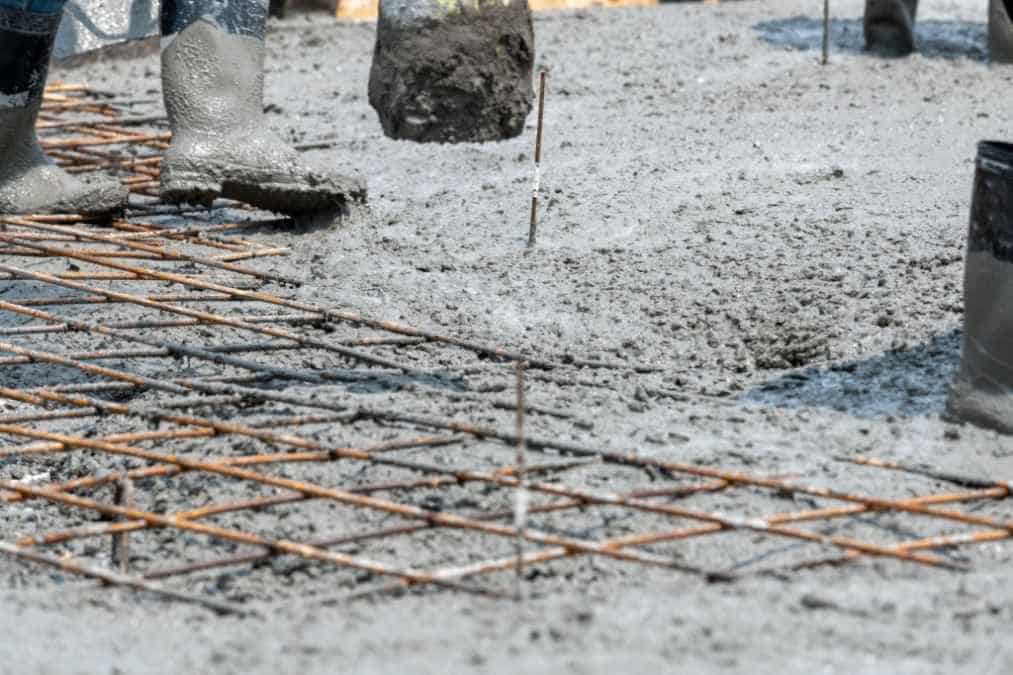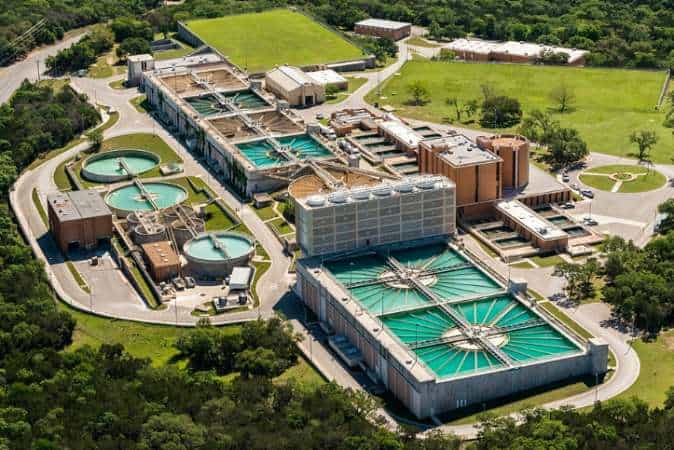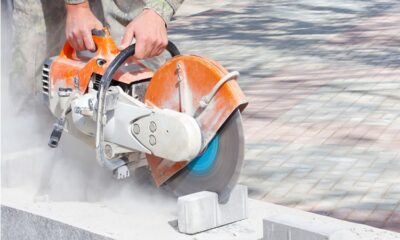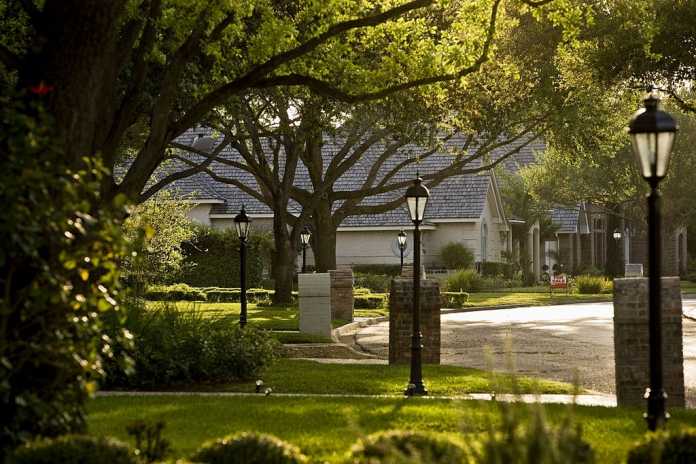It’s a fact that concrete requires a dry environment for curing. That’s why, rainy days are typically avoided when it comes to any concrete related work. But, what will you do in case of sudden adverse weather? Let’s get to know about that now!
Can you pour concrete in the rain? Though pouring freshly mixed concrete in water can harm the quality, you can pour it in the rain. If the amount of rain water is negligible, it’s fine to pour your concrete in it as no damage will arise.

Now, let us grasp some in-depth information about this-
Should I Cover Concrete From Rain?
Rain or any contact of water should be avoided for a damage free concrete project. Whether it’s freshly mixed concrete or concrete left for curing, it’s wise to prevent it from coming in contact with rain.
Should I cover concrete from rain? Yes, you should definitely cover concrete from rain. For sudden rainfall, you should be ready to cover your concrete with plastic or tarp sheeting and seal the edges of the project to avoid any contact with rain water.
How To Protect Concrete From Rain?
You’re already aware that water can damage the strength and durability of concrete. Thus, it’s important to protect your concrete projects from getting wet in rain when it’s not set or fully cured.
How to protect concrete from rain? The first and most-recommended way to protect concrete from rain is to avoid working on a rainy day. But in case of unavoidable and sudden rainfall, covering the concrete pour with a sheeting will help to protect it from damage caused by rain water.
Let’s know the details step by step-
Step 1- Avoid Working In Rainy Days:
The first step of protecting concrete from rain is to always avoid or postpone the projects involving concrete during rainy days. Small indoor projects might be carried out in such weather, but the huge ones should be avoided in the said scenarios.
For this, you should always be updated about the weather forecast. Besides, in certain regions, where the rainy season or monsoon prevails for a certain period of time, it’s better to mostly postpone any large concrete projects in that time.
Step 2- Be Prepared with Emergency Covering:
Sometimes, the rain might not be predictable in the forecast and its sudden occurrence can damage your concrete’s quality. For that, you need to be prepared.
While working with concrete mix outdoors, always be prepared with a sheeting of plastic to cover the project in case of sudden rainfall. Besides, make sure to seal the edges so that water doesn’t get inside when you need to cover the concrete.
Step 3- Make The Slab Drenched In Rain Dry Before Pouring The Concrete Mix:
In case sudden rainfall occurs before you could pour the concrete mix and you weren’t prepared with covering, don’t panic. Let the rainfall stop first and then proceed with necessary measures.
After the rain stops, make sure the slab or the surface you planned to pour the mix is completely dry. Remove the water from the surface and then you’re good to go.
How Long Does It Take for Concrete To Be Safe from Rain?
We know that the concrete that isn’t hard or hasn’t been cured completely remains at risk if it comes in contact with water. Though typically it requires like a day or two for the concrete to cure, but there’s a minimum time a concrete takes to be safe from sudden rain.
How long does it take for concrete to be safe from rain? After pouring the concrete, it requires at least 4 to 8 hours before it can be considered to be safe to come in contact with rain. After the mentioned time period, the concrete starts to set and the impact of rain in that state is negligible.
Since we’re on some important topic regarding concrete, you might be intrigued to know about some other information related to it. In case you want to collect some information regarding concrete stain or best concrete stain, then click here to know more.
Wrapping Up
Using concrete for DIY projects is easy. Following proper instructions and being cautious can bring out the best results in the said projects.
Preventing your concrete mix from getting in contact with water will help to maintain its durability and quality after it cures. Hope this article was helpful for you to grasp some important factors on how to avoid sudden and unavoidable situations involving water for a smooth concrete project.






